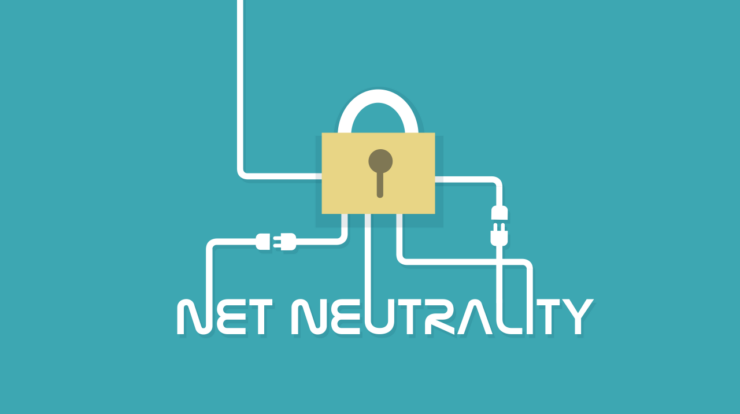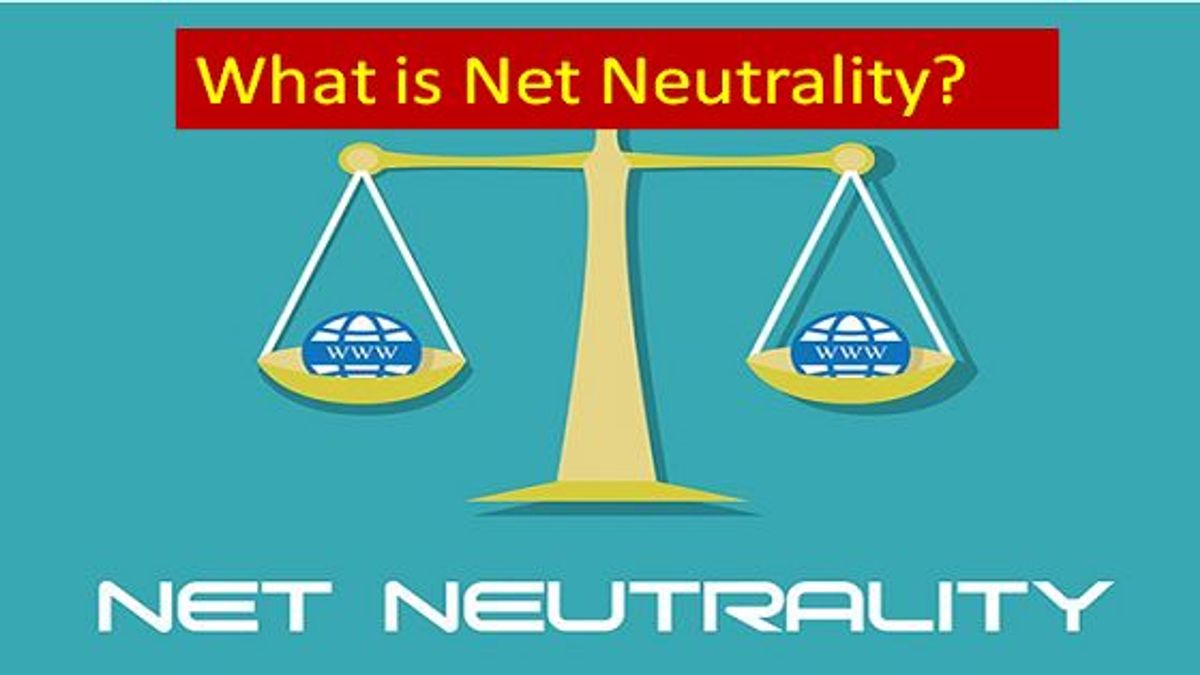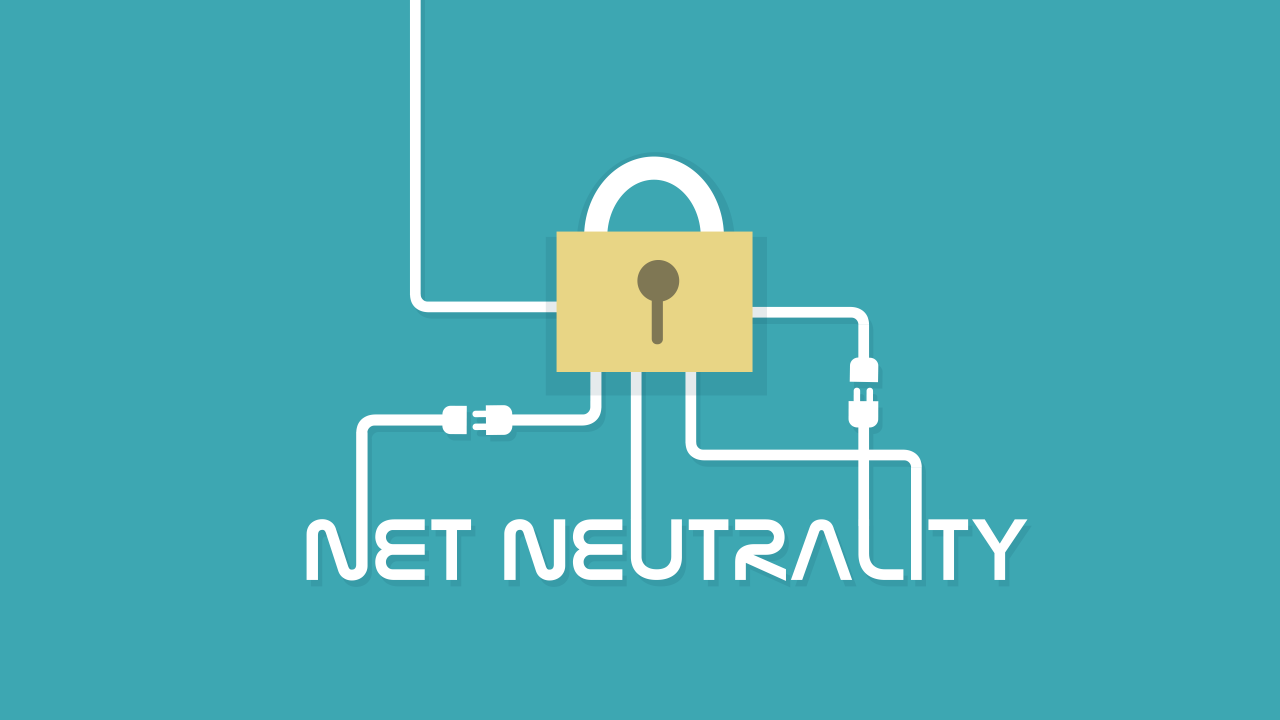
Net neutrality definition – Net neutrality, a concept that has sparked debates and controversies, refers to the principle that internet service providers (ISPs) should treat all internet traffic equally, without prioritizing or discriminating against specific content, websites, or platforms.
This principle ensures that consumers have equal access to information and services online, fostering innovation, competition, and economic growth.
Definition of Net Neutrality

Net neutrality is the principle that all internet traffic should be treated equally, regardless of its source, destination, or content. This means that internet service providers (ISPs) should not be able to block, throttle, or prioritize certain types of traffic.
For example, net neutrality ensures that you can access any website you want, regardless of whether the website is owned by a large corporation or a small business. It also ensures that you can stream video or download files at the same speed, regardless of the content you are accessing.
Benefits of Net Neutrality
Net neutrality has a number of benefits for consumers and businesses.
- Promotes innovation and competition:Net neutrality allows new businesses to enter the market and compete with established companies. Without net neutrality, ISPs could favor their own services or charge higher prices for access to certain types of content.
- Ensures equal access to information and services:Net neutrality ensures that everyone has equal access to the internet, regardless of their income or location. Without net neutrality, ISPs could block or throttle access to certain websites or services, making it difficult for people to access information and services that are important to them.
Challenges to Net Neutrality, Net neutrality definition
Net neutrality is facing a number of challenges, including:
- ISPs prioritizing certain content:Some ISPs have been accused of prioritizing certain types of traffic, such as video streaming, over other types of traffic, such as web browsing. This can lead to a slower and less reliable internet experience for consumers.
- Government regulations:The government has a role to play in protecting net neutrality. However, some government regulations have been criticized for being too weak or for giving ISPs too much power.
Examples of Net Neutrality in Action
There are a number of examples of net neutrality in action.
- The FCC’s Open Internet Order:In 2015, the Federal Communications Commission (FCC) adopted the Open Internet Order, which classified broadband internet access as a public utility and prohibited ISPs from blocking, throttling, or prioritizing certain types of traffic.
- The European Union’s Net Neutrality Regulation:In 2015, the European Union adopted the Net Neutrality Regulation, which prohibits ISPs from blocking, throttling, or prioritizing certain types of traffic.
Future of Net Neutrality
The future of net neutrality is uncertain. However, there are a number of factors that could shape the future of net neutrality, including:
- Technological advancements:The development of new technologies, such as 5G and the Internet of Things, could make it more difficult to enforce net neutrality.
- Government regulations:The government could play a role in protecting net neutrality in the future. However, it is unclear what form these regulations will take.
Last Recap: Net Neutrality Definition

As technology continues to advance and the internet becomes increasingly intertwined with our lives, the future of net neutrality remains uncertain. However, its fundamental principles of equality, openness, and accessibility will continue to shape discussions and policies aimed at preserving a fair and competitive digital landscape.
Commonly Asked Questions
What is the main goal of net neutrality?
To ensure that ISPs treat all internet traffic equally, promoting competition, innovation, and equal access to information.
How does net neutrality benefit consumers?
It prevents ISPs from blocking or slowing down access to certain websites or services, ensuring a level playing field for all online content.
What are the challenges to net neutrality?
ISPs may have incentives to prioritize their own content or services, leading to concerns about censorship and discrimination.





